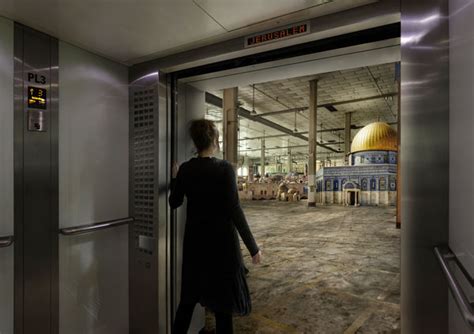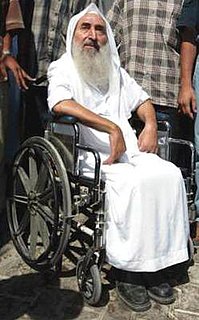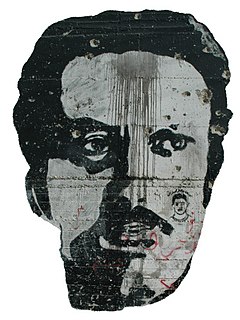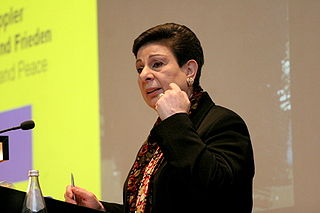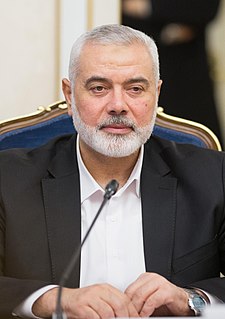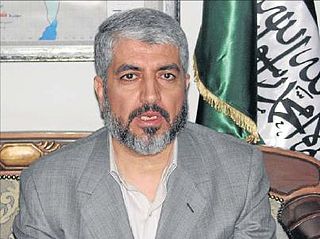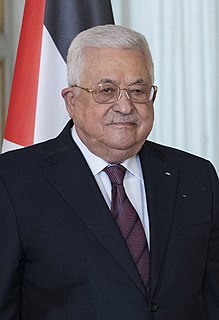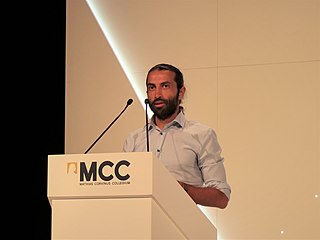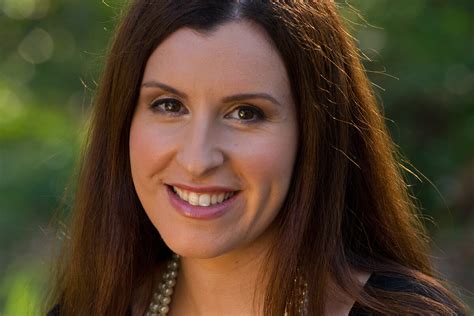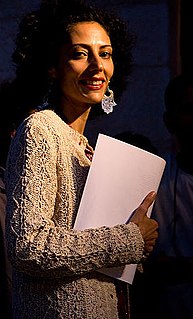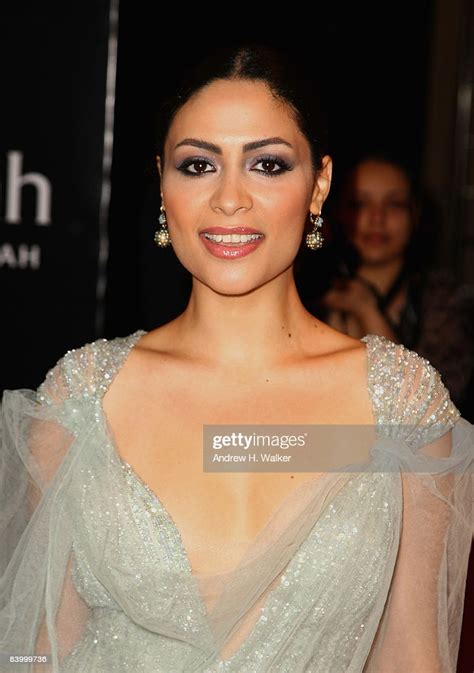Top 7 Quotes & Sayings by Larissa Sansour
Explore popular quotes and sayings by Larissa Sansour.
Last updated on April 15, 2025.
I am very fascinated by the idea of hyperbole in subject matter as well as production. I like the idea of going overboard in producing an art piece and I like the way it brings the work away from a meditative space of reflection to a more direct, impactful tool that can compete with the mainstream. I like all these power plays, which have a lot to do with contextualization. In turn, I'm interested in creating crossovers between creative disciplines and in a way in subverting the expected role of the artist in society.
I think I'm most comfortable when I function in a parallel space that's not separate from political reality, but somehow comments on it from a different portal. The crisis in the Middle East has been ongoing and repetitive and I feel solutions on the ground have reached an impasse. It is somehow necessary to change the way we approach commentary on the subject. I do think that erecting a meta-space that functions according to its own autonomous abstractions and logic could be more effective in finding ways of dealing with the problem at hand, than using our standard tools of analysis.
While the fictional realm as such allows for the obstacles of present-day politics to be altered, neglected, and negotiated at will, sci-fi seems to embody ideals, expectations, and fears of the future that are quite adequate for describing the Palestinian predicament. Somehow managing to fuse nostalgia and hopes for a better and more efficient future, sci-fi seems to lend itself to capturing the decades of Palestinian yearning for a utopia that almost seems dated by now.
The irony or humor of my pieces is never really calculated, but they somehow always end up that way. Humor, especially when dealing with matters of extreme gravity, has a way of toppling set ideas and opening up new modes of interpretation. Furthermore, adding humor tends to shift the power balance.
Science fiction also provides a sense of nostalgia that is always present when it comes to Palestine, in that whenever we talk about Palestine, it is never in the present, but either remembering a past or imagining a better future. Submitting gritty Middle Eastern politics to high production sci-fi in this manner not only underlines the absurdity of the situation, but brings about a dystopian future scenario.
